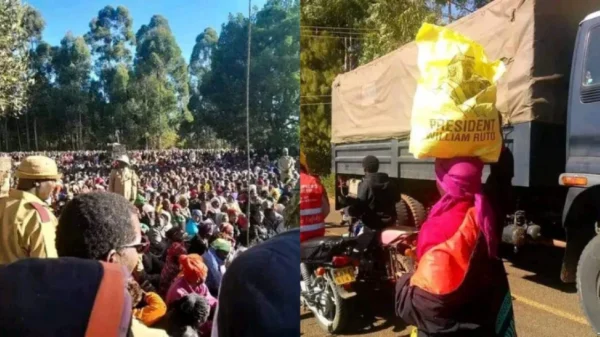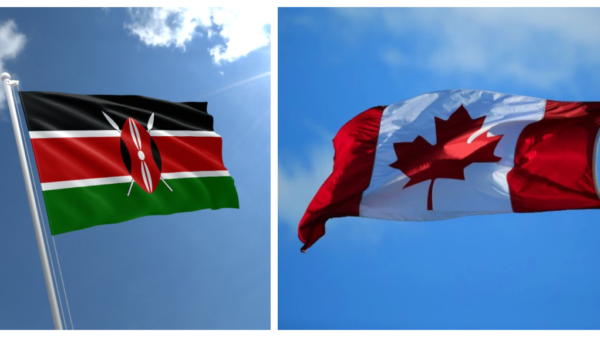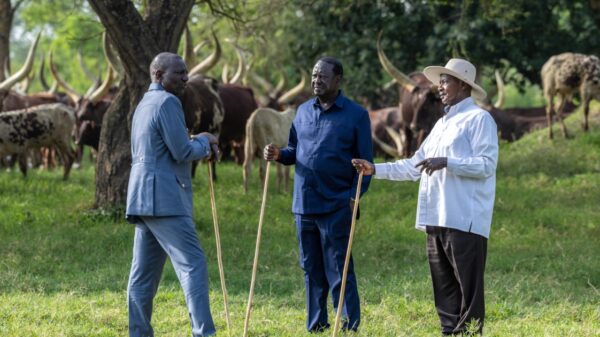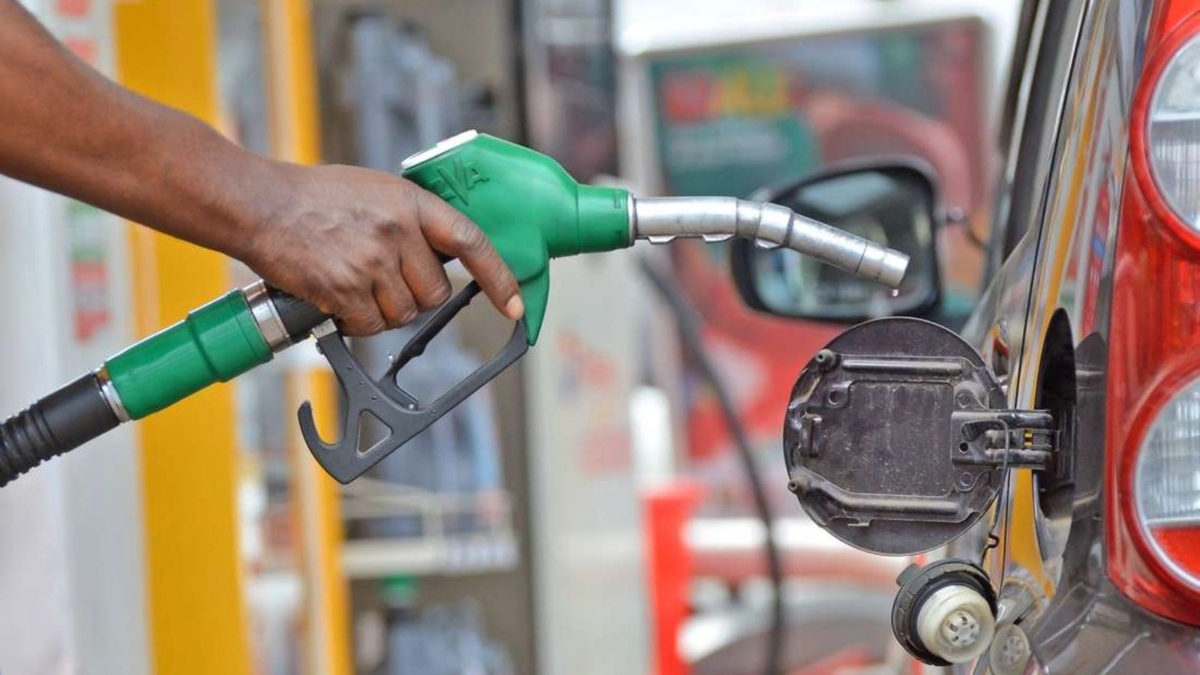• The Statute Law of 2023 has been proposed in Parliament by National Assembly Majority Leader Kimani Ichung’wah, seeking to amend the Energy Act of 2019
• The Bill seeks to double the EPRA levy to a maximum of 1 percent
• The bill is currently at 0.5 percent
The Statute Law (Miscellaneous Amendments) Bill of 2023 has been proposed in Parliament by National Assembly Majority Leader Kimani Ichung’wah, seeking to amend the Energy Act of 2019.
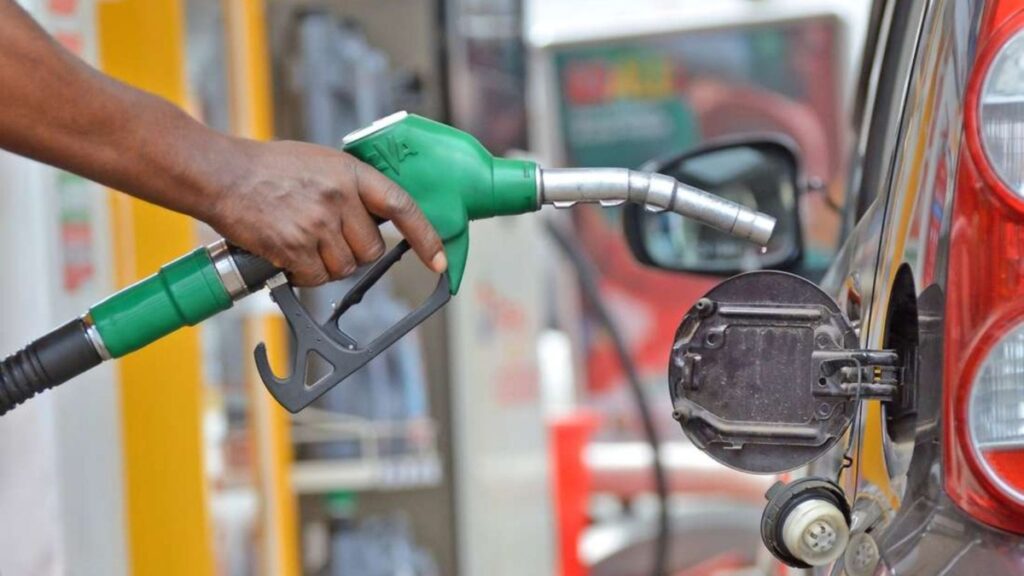
A photo of the fuel pump
Photo: Google
The Bill seeks to double the Energy and Petroleum Regulatory Authority (EPRA) levy to a maximum of 1% percent from the current ceiling of 0.5%. Consumers are currently paying a levy of 0.25% on petroleum products and 0.08% per unit of electricity consumed.
EPRA says that despite being a government agency, it does not receive any financial support from the public authorities. The regulator therefore reasons that any decrease in the amount of electricity and fuel consumed with greatly cut down on its revenues as these two products account for over ninety-five percent of its total revenue collections per annum.
All this is happening on the backdrop of a sustained zealous public taxation by the government. The government has sustained pressure to introduce or increase taxes, levies and fees since it the president said immediately after being sworn in that it will not entertain consumption subsidies.
Last week marked the turning point in government when it removed all subsidies even the agriculture production subsidies that it had promised to sustain to allow a cheap produce to reach the markets.
The government, through the Finance Act 2023 also introduced a raft of new taxes and levies which have left gaping holes in many citizen’s pockets as they grapple with fewer shillings in their purses to try make a decent living.
Within the past two weeks the government has introduced, hastily withdrawn and reintroduced hefty increments in services charges over very basic documents for its citizenry apart from those used by visitors. These increments are currently undergoing public participation awaiting their enactment in January 2024.
Fuel, spurred on with a mixture of external but also very internal factors has become very costly in the country with no immediate end in sight, even when international crude prices have dropped over the past few months since August 2023.
In Nairobi, petrol is now selling at an all-time high of Ksh.217.36 up from Ksh. 177.3 a year ago. Kerosene was selling at Ksh. 145.94 in November 2022 but is now retailing at Ksh. 203.06 while diesel, mostly used for production even in thermal electricity plants, sold at 162 in November last year but is retailing at Ksh. 203.47.
The cost of electricity also went up with a review of electricity charges in April this year which saw some consumer’s tariffs rise by a staggering sixty-three percent (63%).
If this new Bill sail through parliament, it will mark a new rise for the cost of these two vital products that have been at the primary end of pushing the high cost of living for Kenyans among others such as higher taxes. The Bill, if enacted, will just add more weight on the shoulders of hard working Kenyans who probably use this energy sources at their input in production and it might be the straw that broke the camel’s back.
Industries producing with the country must be observing keenly such moves as it reaches a point when it makes no sense to undertake local production any more. As for the greater number of individual energy consumers, the introduction of this bill at this time is a show of insensitivity to their plight.
When it rains it pours, not to mean the El Nino phenomena underway, but as a pointer to facts of life such as the sustained government push to keep pushing the cost of public goods and services beyond reach in its push to stabilize its operations and retain the status quo. The current El Nino weather pattern has made Kenyans even more vulnerable and open to double jeopardy as the economic times bite alongside the hostile weather.
Many Kenyans really wish there were alternatives but unfortunately almost none exist.










